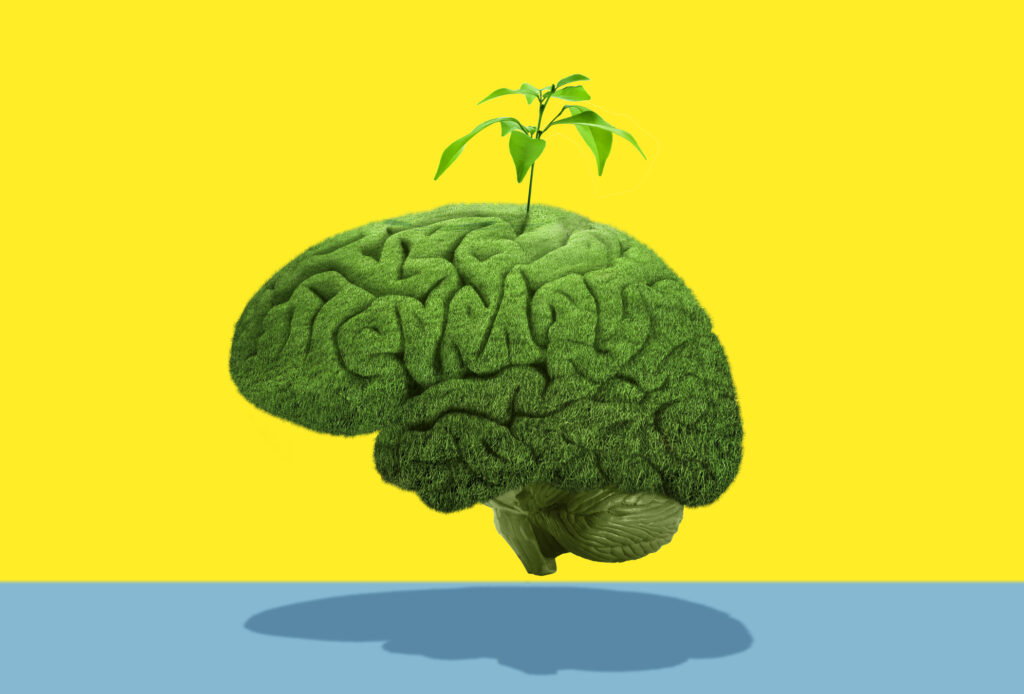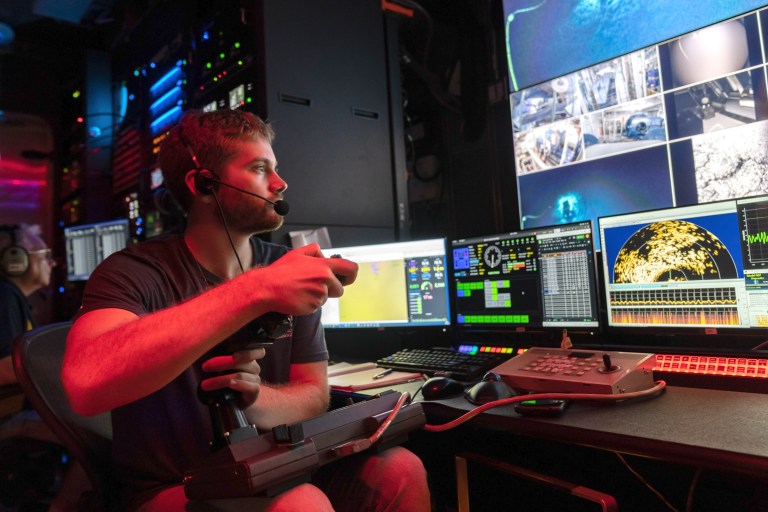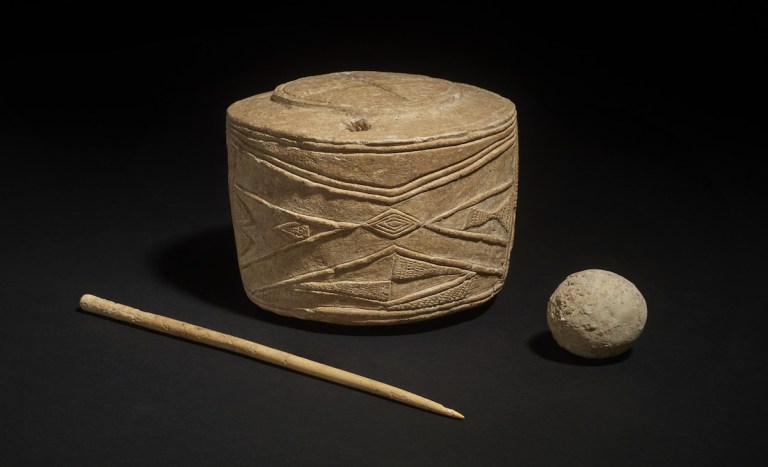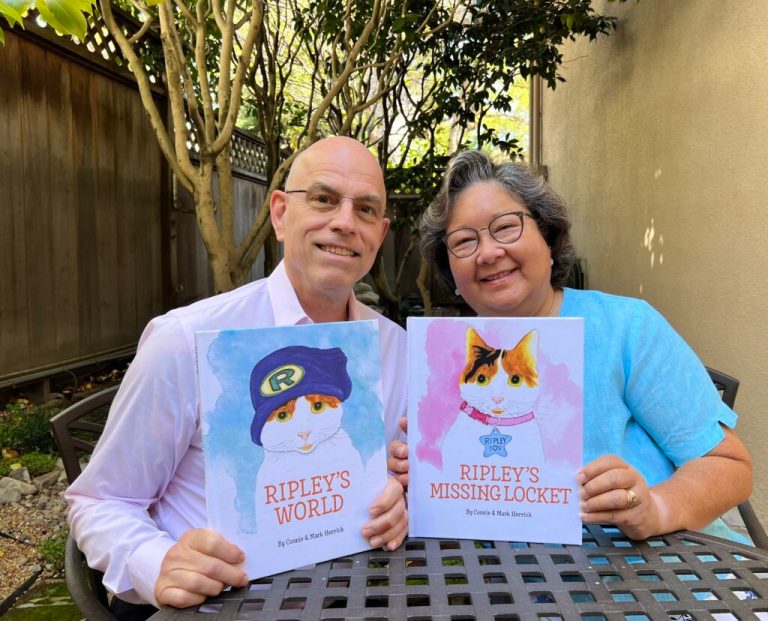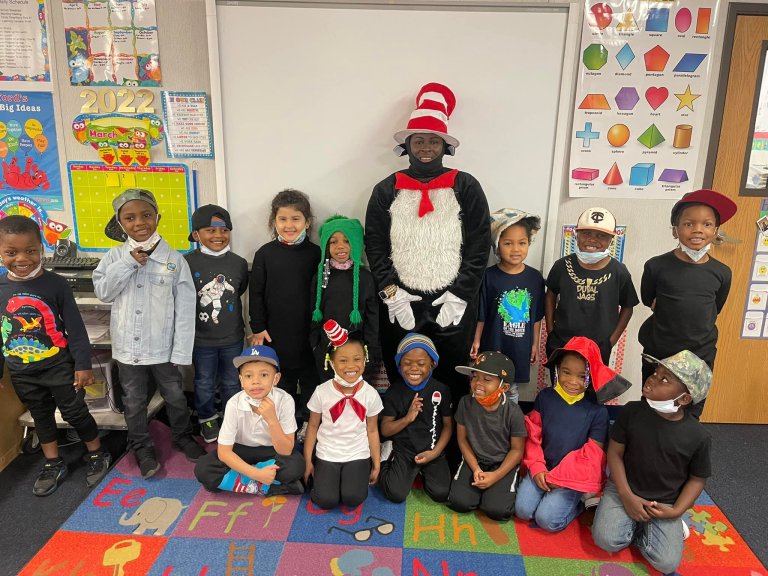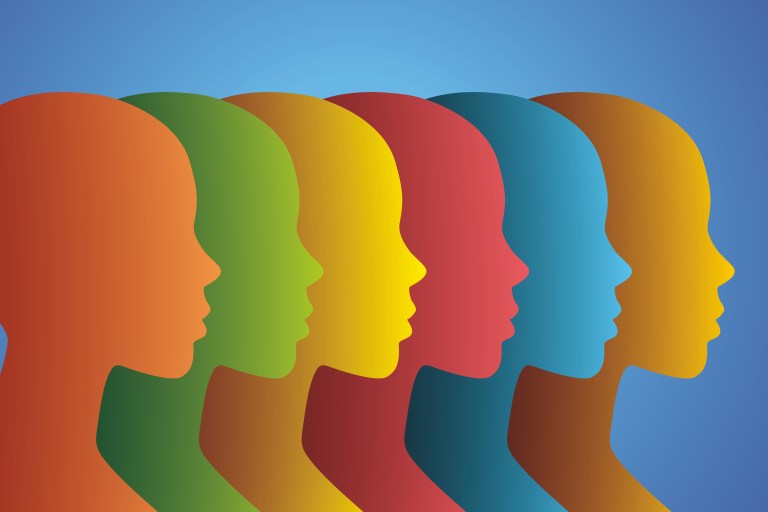It’s often said that we’re “learning by experience” when we try new things, practice skills, and make mistakes. In other words, our memories of past experiences can shape our perceptions of ourselves, the world, and even the future. Though we can all probably think of examples that back up this phenomenon, how this works in our brains is more obscure.
New research on snails is inching us closer to an explanation. The study — published in the journal Science Advances — not only showed a connection between past and future learning, but also shed light on how we can potentially put ourselves in a position to learn based on our memories.
Per Quanta Magazine, researchers altered the perception of snails during two types of training: strong and weak. In the former, the mollusks were first placed in petri dishes containing water mixed with a fruity flavor, which they seemed to feel neutral about. They then received a sugar solution — which they promptly devoured. The scientists found that even a day later, the snails began associating the fruit-flavored water with sugar and, therefore, were more likely to consume the water. (Think: Pavlov’s experiment, but with snails instead of dogs.)
For the weak training, snails were first placed in dishes containing a different flavored water, and then given a less highly concentrated sugar snack. In these tests, the snails did not positively associate the flavored water with sugar.
RELATED: Feeling Forgetful? Why Misremembering Is Normal and How to Improve Recall, According to Science
The scientists then went a step further and analyzed snails given a strong training followed by a weak training. They found the snails with strong training still learned from the weak training. However, when the weak training preceded the strong training, a memory of the weak training did not occur. Meaning, prior strong learning boosted the following weak learning.
According to the researchers, the strong training primed the snails for a “learning-rich period.” This period allowed associations to occur with cues that otherwise would go unnoticed, which could possibly benefit their survival. For instance, the snails could potentially be trained to find food sources nearby and enhance their sensitivity to threats.

The study also showed a learning-rich period could last about a half hour to four hours after strong training. Once this period was over, the snails stopped forming long-term memories, per Quanta, even though they still had the memory of the strong training. So, they still retained those memories but weren’t making new ones.
Why is the period not longer? Making long-term memories is “energetically costly” for the brain, the study authors wrote. So it’s actually a good thing this process doesn’t last too long. In fact, senior research fellow at the University of Sussex and lead author Michael Crossley told Quanta Magazine, if it did, “that could be detrimental to the animal.”
In this sense, snails and humans are similar. With so many things happening constantly around us, our brains must distinguish what to hold onto and what to let go of. It’s why many of us can’t recall what we ate for lunch yesterday, yet still remember the specifics of a day from decades ago.
The takeaway: Change in perception can help “link past and future memory storage,” per the study. With this awareness, a subject can be alerted to “learning-rich periods” and take advantage of those times to stimulate focused learning that is ideal for long-term memory formation and robust learning.
Of course, snails have smaller and simpler brains than humans. But still, this insight offers a glimpse into how memories are made, how they connect to the future, and even what we can do to put ourselves in an optimal position to learn.
Inspired by the snail school? Here are three tips to make more long-term memories, maybe even starting today:

1. Have more firsts: According to the TED Institute, one study found that more than 70% of people’s vivid memories were first-time experiences or unique events, like first kisses and jobs. So consider checking out a new fitness class or traveling somewhere you haven’t been before. It may stick with you longer than you think.
2. Embrace the peculiar: Another study found that “peculiar” experiences that are somewhat familiar while still feeling novel stand out in our memory. Maybe go a bit out of your comfort zone and try something slightly out of your regular routine, like trying a new entree at a restaurant you love, going bird watching at your local park, or extending a random act of kindness to a neighbor.
3. Pay more attention: An MIT study showed that when we pay more attention, we’re more likely to make memories. So if you want to remember something, be mindful to observe the smells, the sights, the sounds, and the way you feel.
Read more: The Shape of the Brain Influences How It Works More Than Neural Activity Does: Study
